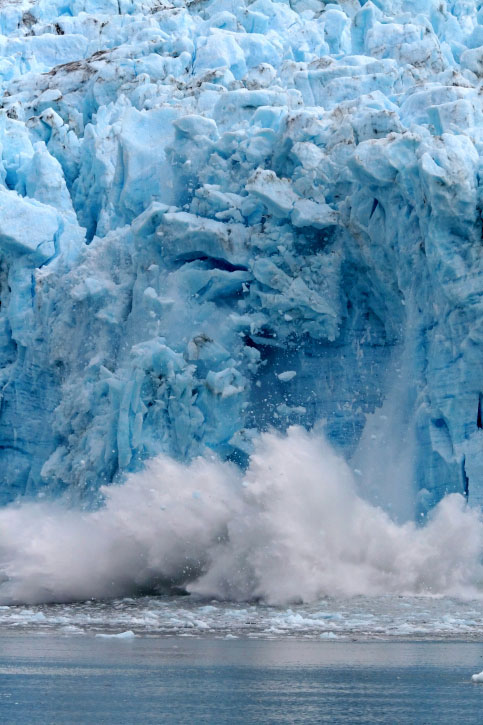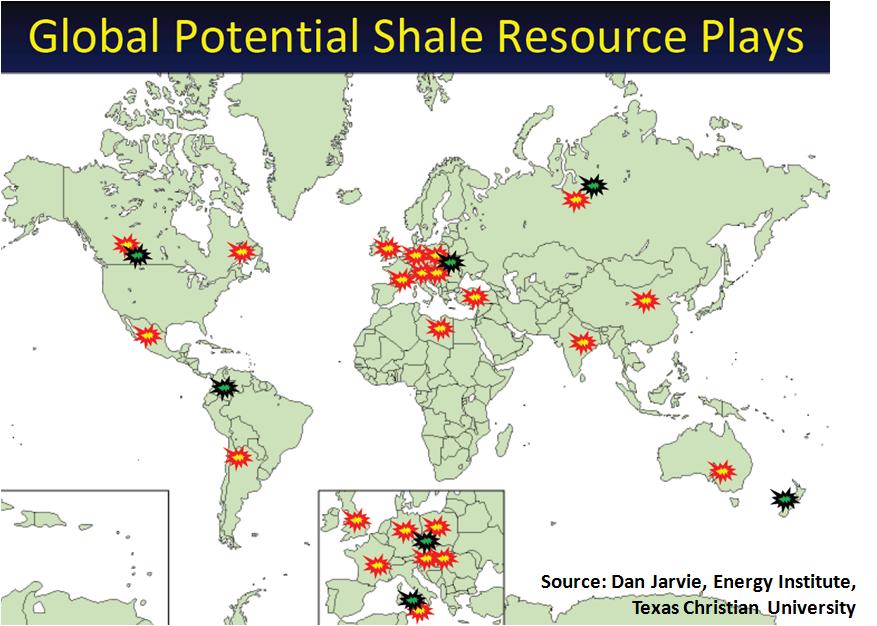 The government’s demolition of New Zealand’s climate policy is continuing apace. This week, as part of cost-cutting and restructuring at the Ministry for Environment, they have chopped the carbon neutral public service programme. This comes on top of Gerry Brownlee’s removal of the moratorium on new thermal generation, the curious case of the ETS scheme that’s on hold and yet being reintroduced at the same time, and prime minister John Key’s apparent lack of conviction about the severity of climate change. Commenting on the changes at MfE, environment minister Nick Smith offered these pearls of wisdom (Stuff):
The government’s demolition of New Zealand’s climate policy is continuing apace. This week, as part of cost-cutting and restructuring at the Ministry for Environment, they have chopped the carbon neutral public service programme. This comes on top of Gerry Brownlee’s removal of the moratorium on new thermal generation, the curious case of the ETS scheme that’s on hold and yet being reintroduced at the same time, and prime minister John Key’s apparent lack of conviction about the severity of climate change. Commenting on the changes at MfE, environment minister Nick Smith offered these pearls of wisdom (Stuff):
“It’s not government policy that we should move to a carbon neutral public service. That was a cheap slogan from the previous government. I’ve heard awful stories of senior public servants … spending an hour on how they might reorganise their rubbish.”
Smith appears happy to decide policy based on hearsay. Not a good look for a senior politician. The carbon neutral public service (CNPS) scheme was never going to make a huge difference to New Zealand’s emissions, but it was a way for the apparatus of government to show that it was taking the problem seriously. By acting — and crucially, purchasing goods and services — with lower carbon emissions in mind, it was sending a useful economic signal into the world beyond Wellington. Take that signal away, and the message is all too clear. The Department of Conservation will also be left in the lurch, as a number of their trial native bush regeneration for carbon offset schemes were earmarked for the CNPS.
Another worrying sign is that Smith has appointed a former Business NZ climate policy analyst to his political team. According to Carbon News, George Riddell played a key role in developing Business NZ’s climate and emissions trading policy — which is currently to delay implementing the ETS to 2013.
Put all this together and you get a very clear impression of a government that does not have a real grasp of the danger of climate change, or the need to implement coherent climate policy. Worse, they give every impression of being in the pockets of the big emitters and big business interests. So far, all the new government has done is to pull down the climate policy of the last administration, but has given no hint of what it might put in its place.
It’s high time John Key and Nick Smith stopped playing politics and started taking this issue seriously. A coherent statement of their appreciation of the size of the problem and the policy levers they intend pulling might be a good place to start.
[KT Tunstall, and very good indeed…]
Like this:
Like Loading...
 I hope the New Zealand Government feels shamed by the news that incandescent light bulbs can no longer be sold in Europe. It could have been so here but following the 2008 election, proclaiming the sanctity of consumer choice, one of the early actions of the then Minister of Energy Gerry Brownlee was to reverse the Labour Government’s decision to phase out incandescent light bulbs. Almost equally dismaying was the statement by the Leader of the Opposition Phil Goff in 2009 that the Labour Government decision was a mistake in the first place. “We’d stopped listening to what people’s priorities were,” he said.
I hope the New Zealand Government feels shamed by the news that incandescent light bulbs can no longer be sold in Europe. It could have been so here but following the 2008 election, proclaiming the sanctity of consumer choice, one of the early actions of the then Minister of Energy Gerry Brownlee was to reverse the Labour Government’s decision to phase out incandescent light bulbs. Almost equally dismaying was the statement by the Leader of the Opposition Phil Goff in 2009 that the Labour Government decision was a mistake in the first place. “We’d stopped listening to what people’s priorities were,” he said.
 “L&M Energy Limited is pleased to announce that it has identified five areas of interest in the South Island of New Zealand that hold significant shale gas potential analogous to some of the most productive shale acreage in the USA.” This statement headed a press release from
“L&M Energy Limited is pleased to announce that it has identified five areas of interest in the South Island of New Zealand that hold significant shale gas potential analogous to some of the most productive shale acreage in the USA.” This statement headed a press release from  Wind, solar and water sources are sufficient to provide the world’s energy by 2030. Scientific American has a front cover article coming up in November to demonstrate that. Written by
Wind, solar and water sources are sufficient to provide the world’s energy by 2030. Scientific American has a front cover article coming up in November to demonstrate that. Written by  The government’s demolition of New Zealand’s climate policy is continuing apace. This week, as part of cost-cutting and restructuring at the Ministry for Environment, they have
The government’s demolition of New Zealand’s climate policy is continuing apace. This week, as part of cost-cutting and restructuring at the Ministry for Environment, they have 